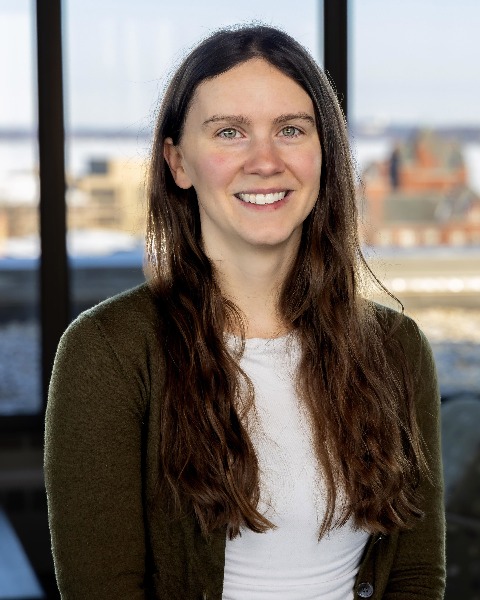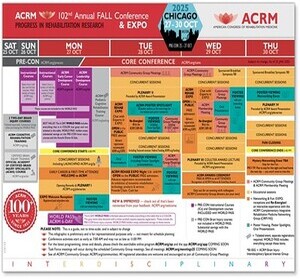
Hannah E. Fry, PhD (she/her/hers)
Postdoctoral Research Associate
UW Madison
Dr. Hannah Fry is a rehabilitation counselor, educator, and researcher whose work centers on the psychosocial, vocational, and financial wellbeing of individuals navigating chronic illness and disability—particularly cancer. Specifically, her research interests include: experiences of and psychosocial adaptation to illness and disability (including health and work-related disparities, social determinants of health); work-related goals of people with illness or disability and caregivers (including paid employment, identity work, vocational rehabilitation); and best practices in clinical judgement in an interdisciplinary setting (including linguistically/culturally responsive services, ethical use of psychometrically valid scales).
She currently serves as a Postdoctoral Research Associate at the Wisconsin Center for Education Research at the University of Wisconsin–Madison. Dr. Fry earned her PhD in Rehabilitation Counselor Education from UW–Madison, where her dissertation explored the relationship between virtues, psychosocial adaptation, and work among cancer survivors. Her research integrates positive psychology, culturally responsive care, and health equity to inform rehabilitation practices and policy. She has authored 13 peer-reviewed publications and presented 30 national conference presentations on topics such as employment disparities in cancer care, disability adjustment counseling, and the ethical use of psychosocial assessment tools.
In addition to her academic work, Dr. Fry is a licensed professional counselor and certified rehabilitation counselor with over a decade of experience in clinical, community-based, settings. She facilitates support groups at Gilda’s Club Madison and has developed and taught undergraduate and graduate courses in rehabilitation psychology and counseling.
Dr. Fry is a recipient of multiple research awards and grants, including pilot funding from the UW Carbone Cancer Center ($5,000) and ICTR’s Collaborative Health Equity Research program ($15,000) to build a vocational rehabilitation program for cancer survivors during and after treatment. She is also an active mentor, manuscript reviewer for numerous journals, grant reviewer on NIDILRR grant competition panels, and advocate for inclusive, evidence-based rehabilitation services.
Poster(s):
-
Tuesday, October 28, 20251:00 PM - 1:15 PMTuesday, October 28, 20255:45 PM - 6:00 PM

.jpg)
.jpg)
.jpg)
.jpg)
.jpg)
